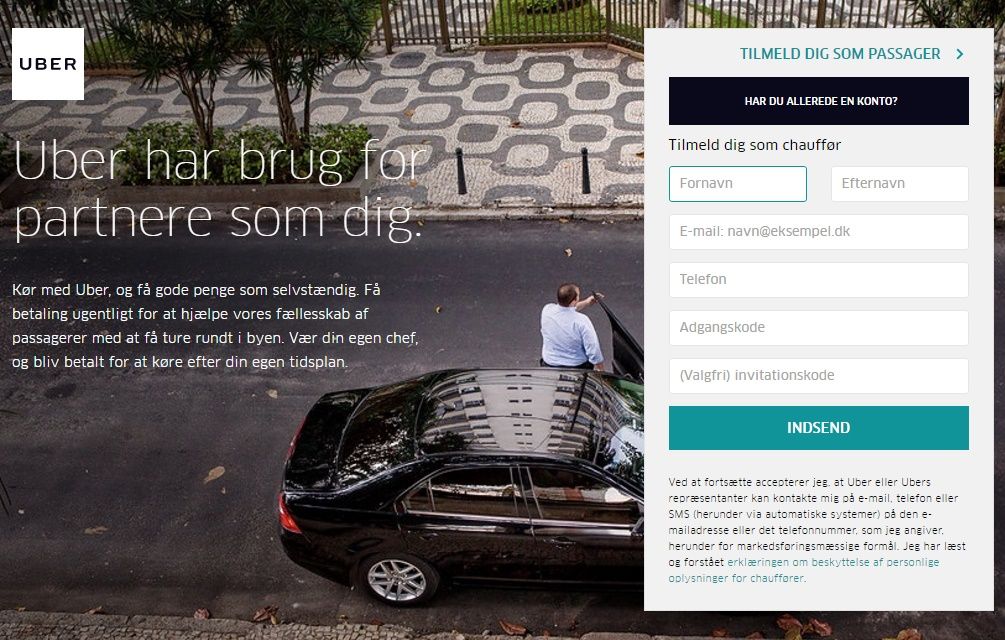The US transportation network Uber has decided to switch off its engines in Denmark.
In a press conference today, the company announced that April 18 will be Uber’s last day of operations in Denmark and access to its app will be closed nationwide. The government’s recent new taxi law has turned out to be the final straw.
“We hoped until the end that the new law would open up for technology that would allow the cars already on the roads to be used for driving services like Uber,” the company wrote in a press release.
“But the law, as it currently stands, will prevent chauffeurs from using their own cars and sets obsolete demands regarding expensive taximeters and seat sensors in the cars – functions that a smartphone can just as easily solve.”
READ MORE: New taxi law could smother Uber in Denmark
Sticking to Aarhus
The company won’t completely exit Denmark, however. It will retain about 50 specialists in Aarhus as part of its global tech development team.
Uber contended that the taxi law would have to be changed in the future, and the company urged citizens to pressurise the government into once again allowing Danes to use systems like Uber.
Uber has been a hot potato for the government since it entered the Danish market in 2014 as its cars and chauffeurs didn’t adhere to the nation’s taxi legislation.
According to the company, over 2,000 chauffeurs and 300,000 passengers use its service in Denmark.















